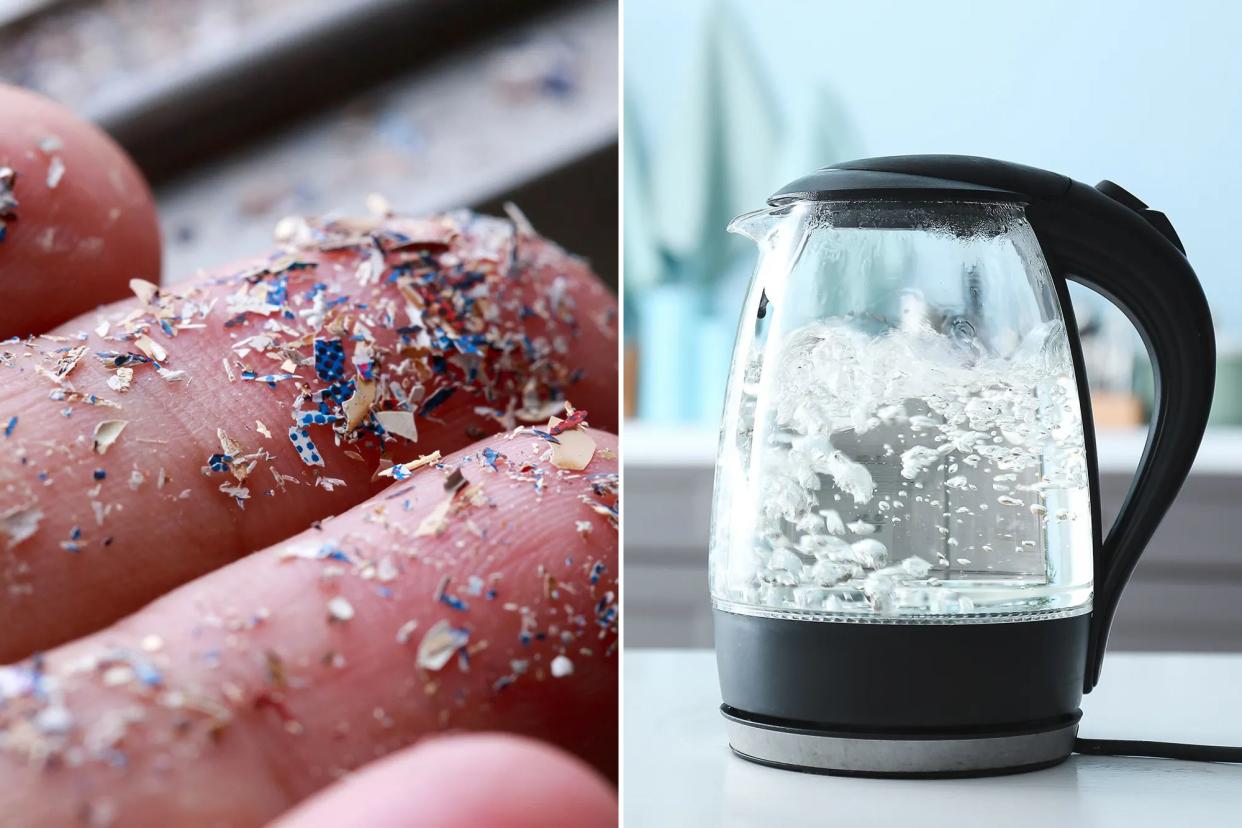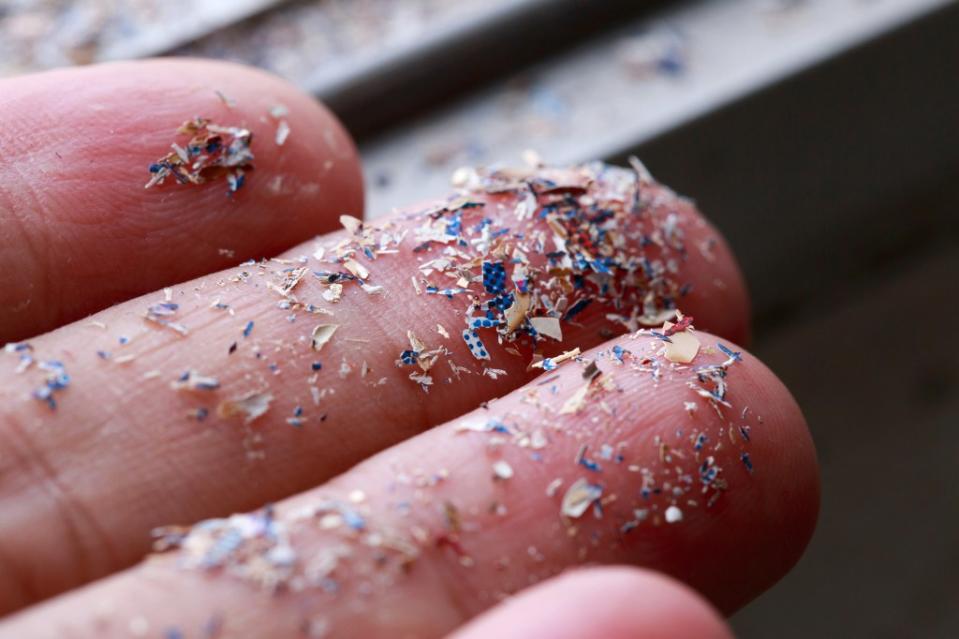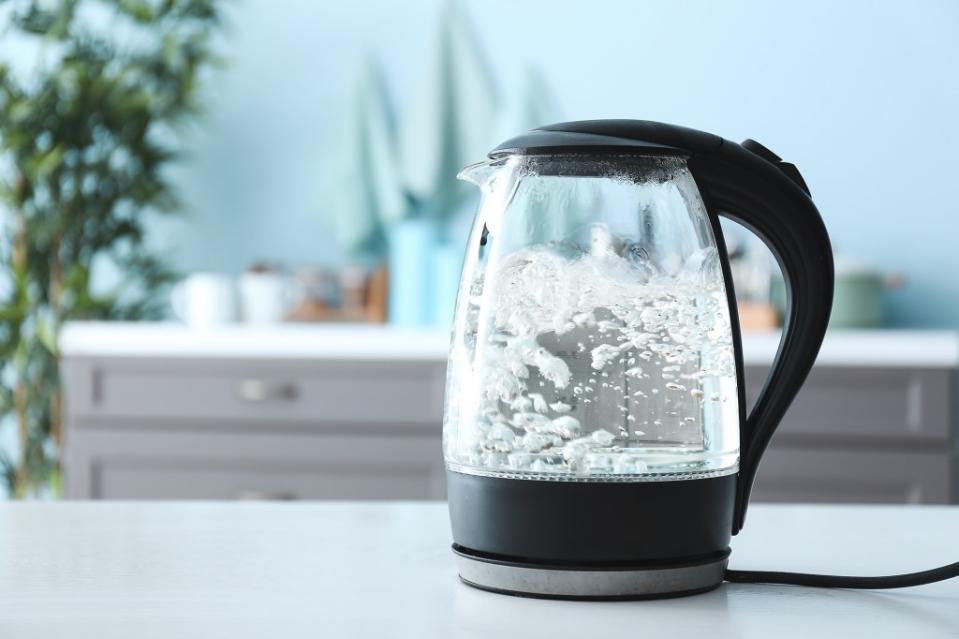This one trick could rid your drinking water of hazardous microplastics — but will you go to the trouble?

Polymer put the kettle on.
Boiling water is a fast and effective way to rid your home drinking supply of dreaded microplastics, a new Chinese study claims.
The pesky particles have become of increasing concern in recent years — they’re found in a vast majority of our food and water supply, allowing them to be unwittingly ingested and then absorbed into the bloodstream.
Microplastic consumption can lead to metabolic disorders such as diabetes, SWNS reported.
The tiny terrorists can also lead to disruption of immune responses, damage the nervous system and interfere with the reproductive cycle.

However, researchers at Jinan University in Guangzhou found, boiling and filtering tap water could reduce the presence of microplastics (and nanoplastics) in our water by nearly 90%.
That’s because as the temperature rises, the limescale — that chalky residue left in your water kettle — interferes with the plastics, swallowing them into that same residue, and taking them out of the water.
Depending on how hard or soft your water supply is, some of the plastic could also wind up encrusted within bits of the mineral deposit, which would then float to the surface.

Over time, you would simply scrub the kettle or pot clean; otherwise the water can be filtered — through a household coffee filter, for example — to eliminate floaters, known as incrustants.
ACS’ Environmental Science & Technology Letters published the study.
To complete their research, tap water was spiked with varying quantities of the nano- and microplastics.

The samples were then boiled for five minutes. After five minutes’ cooling time, the water was examined.
In harder water, 90% of the plastic particles — which can be as small as one-thousandth of a millimeter in diameter — were gone. In softer water, about 25%.
Ingesting too many nano- and microplastics can affect gut health, according to the current prevailing wisdom.
Some home filtration systems can remove the unwanted gunk for you, but most won’t be able to afford those methods — leading researchers to look for other ways to dramatically reduce plastics consumption.
In some cultures, boiling water before drinking is an ancient custom, and/or necessary for survival — in some Asian countries in particular, the extra step is considered good for your health.

